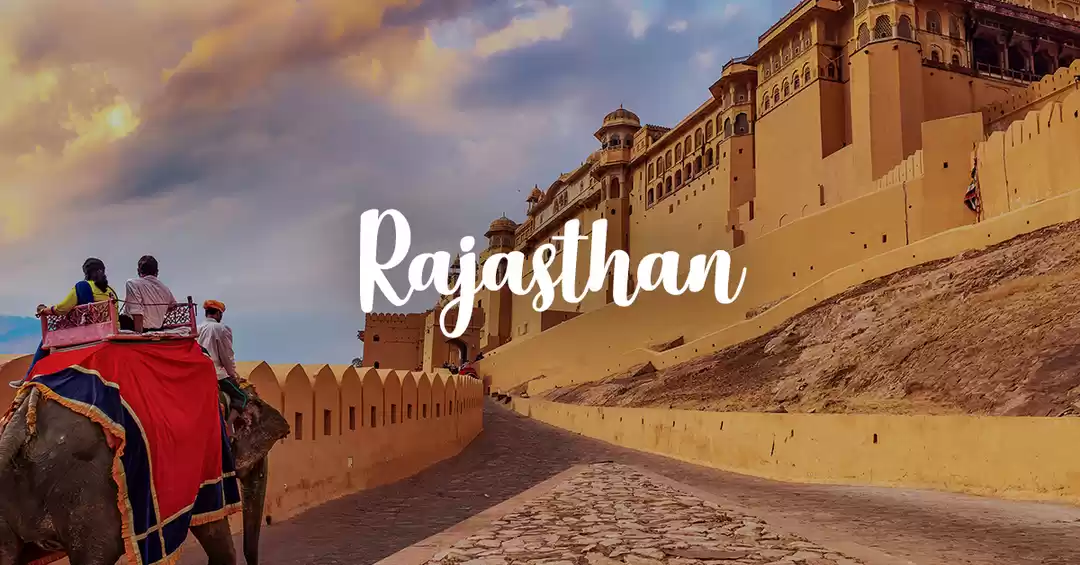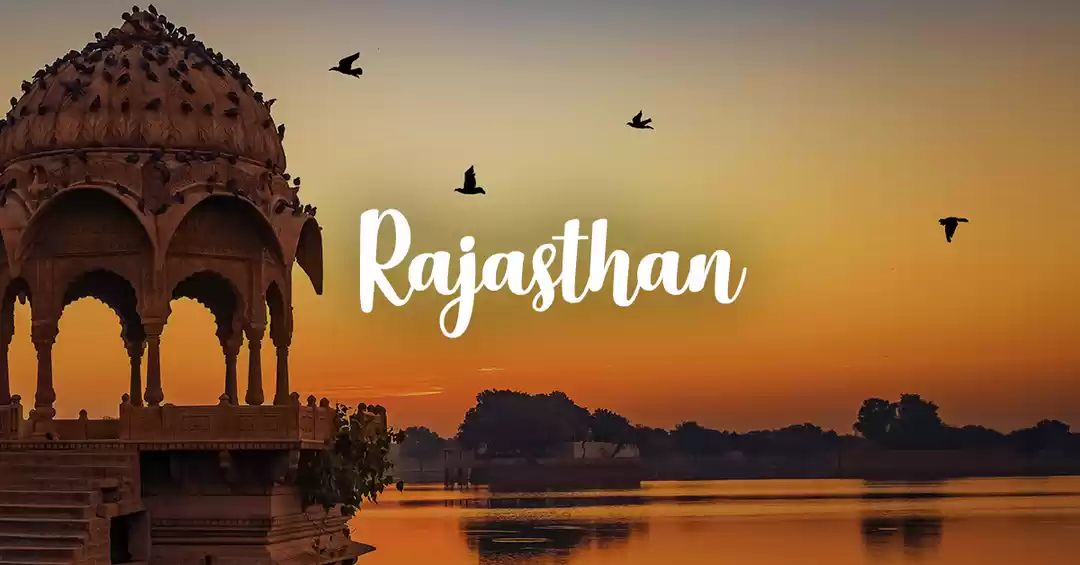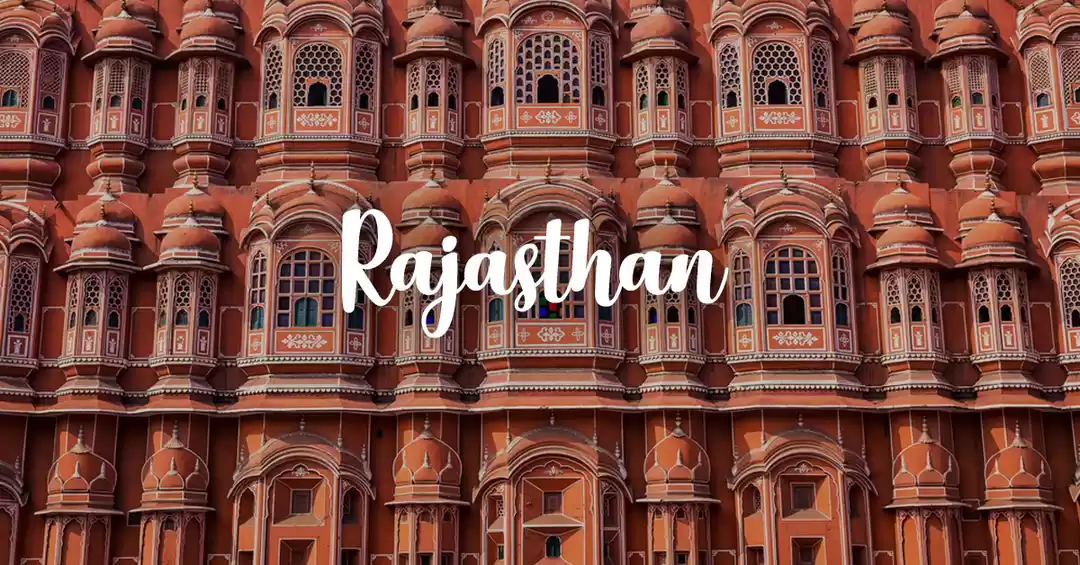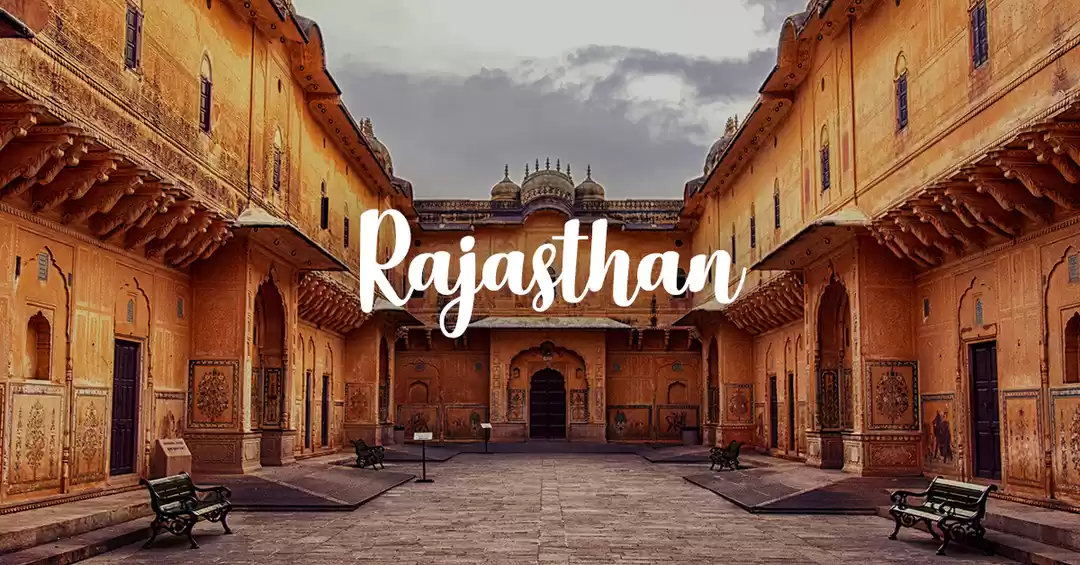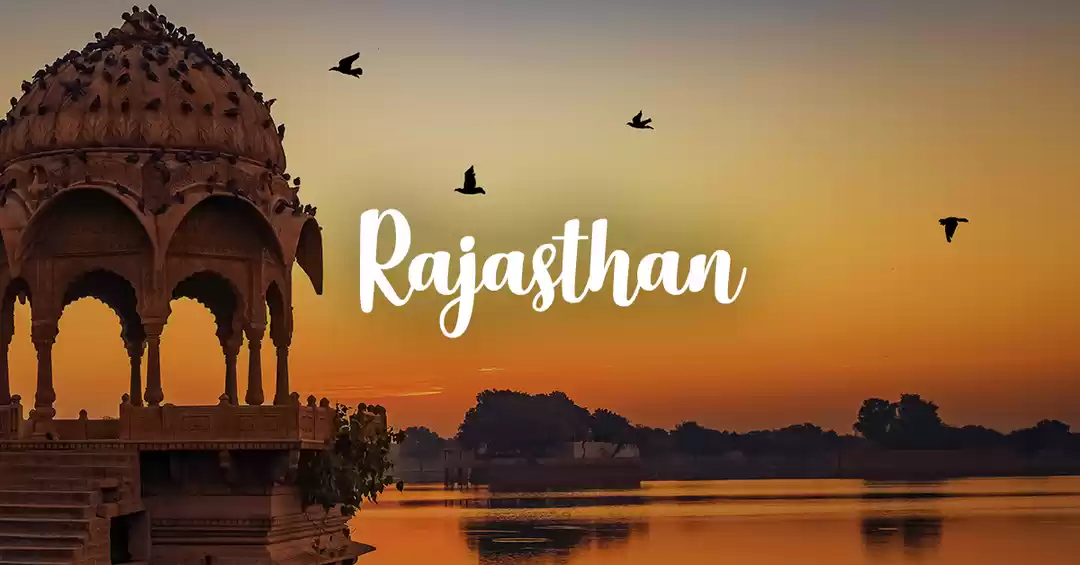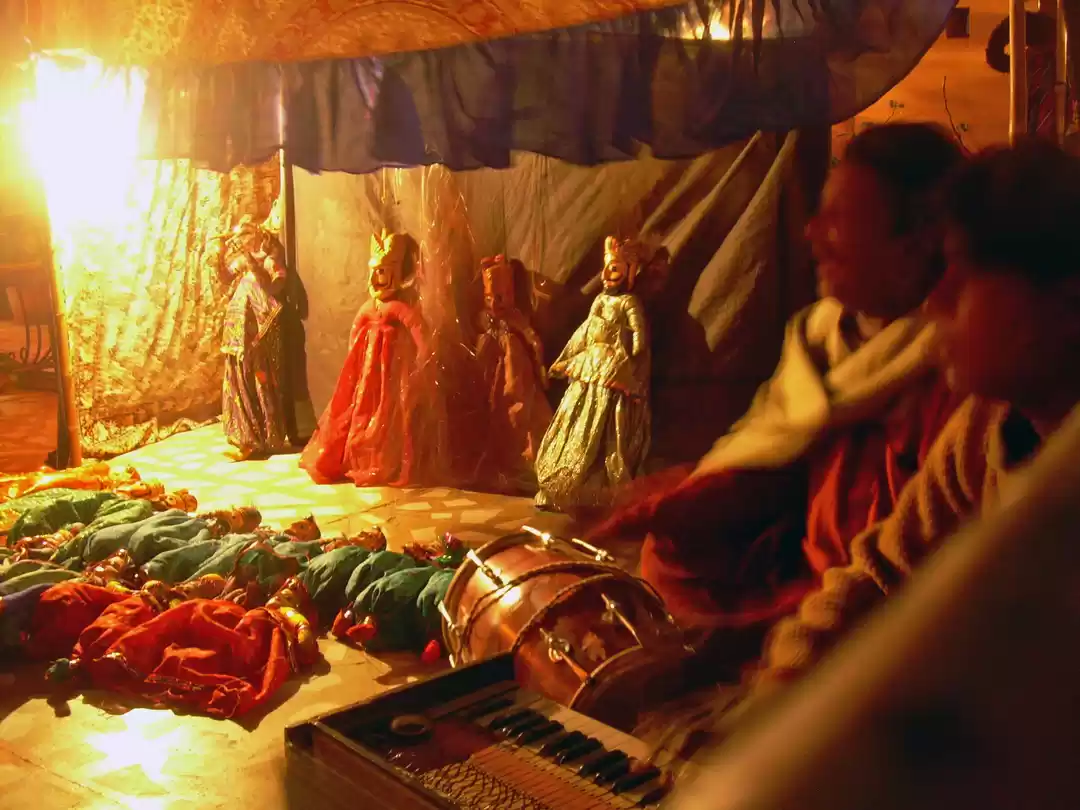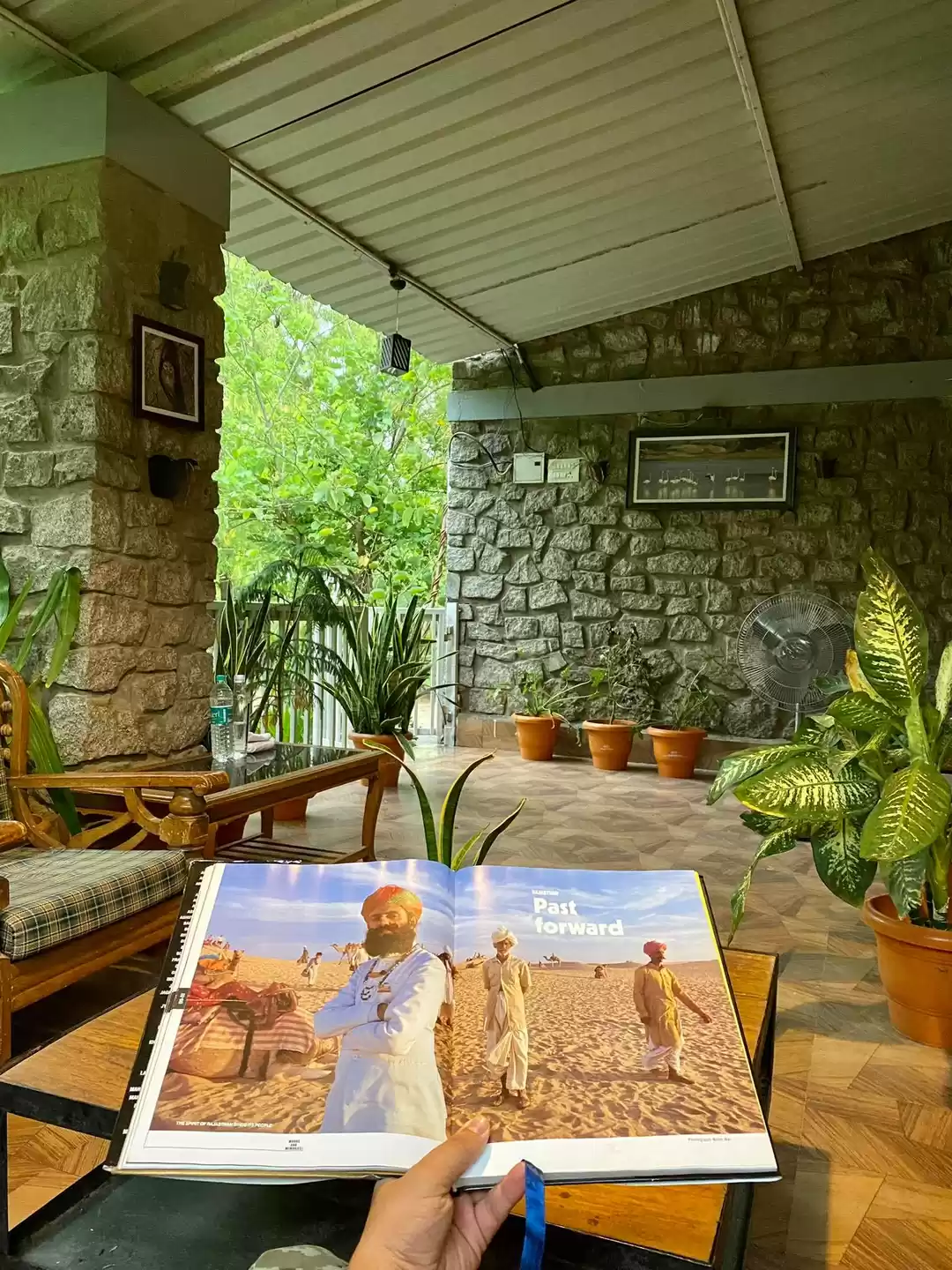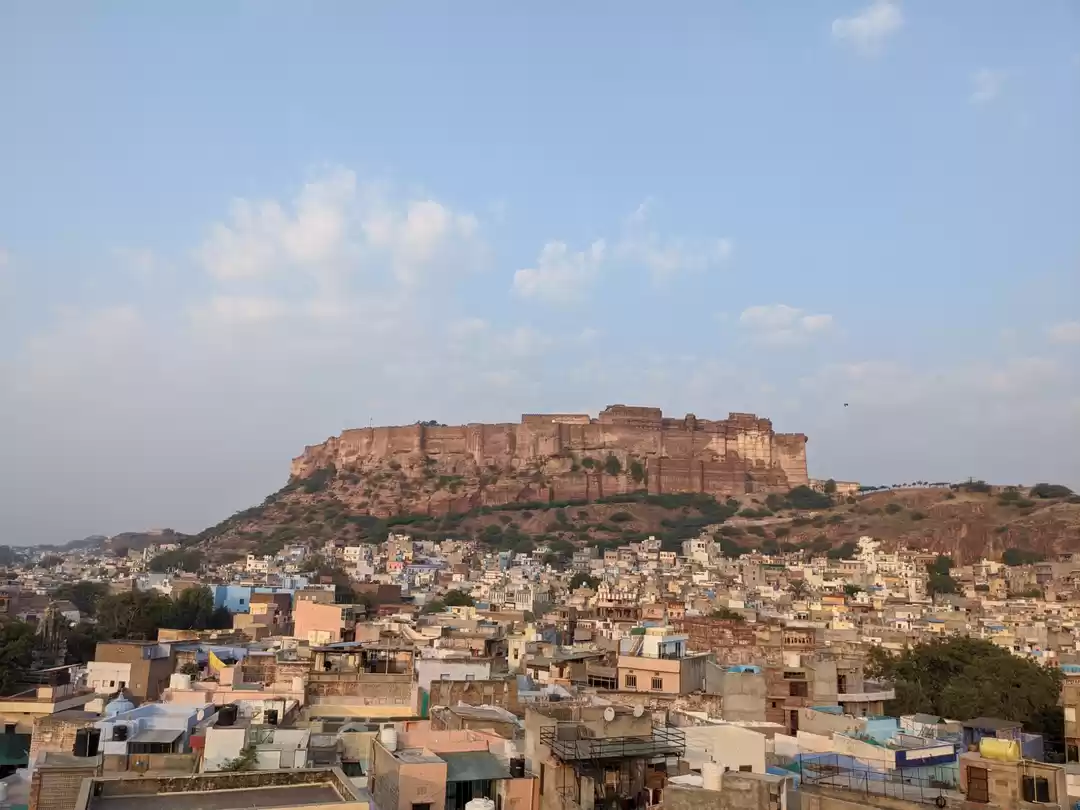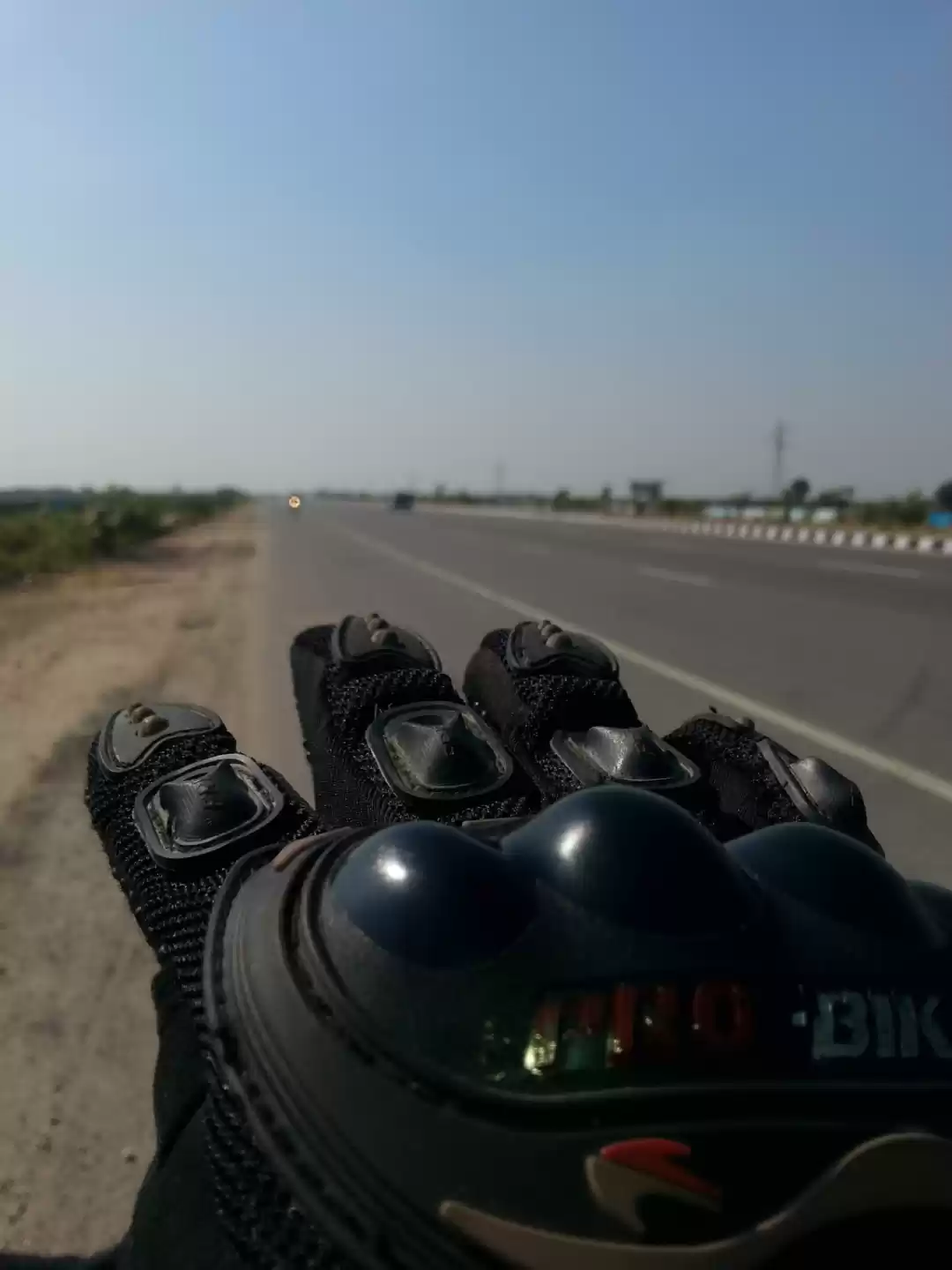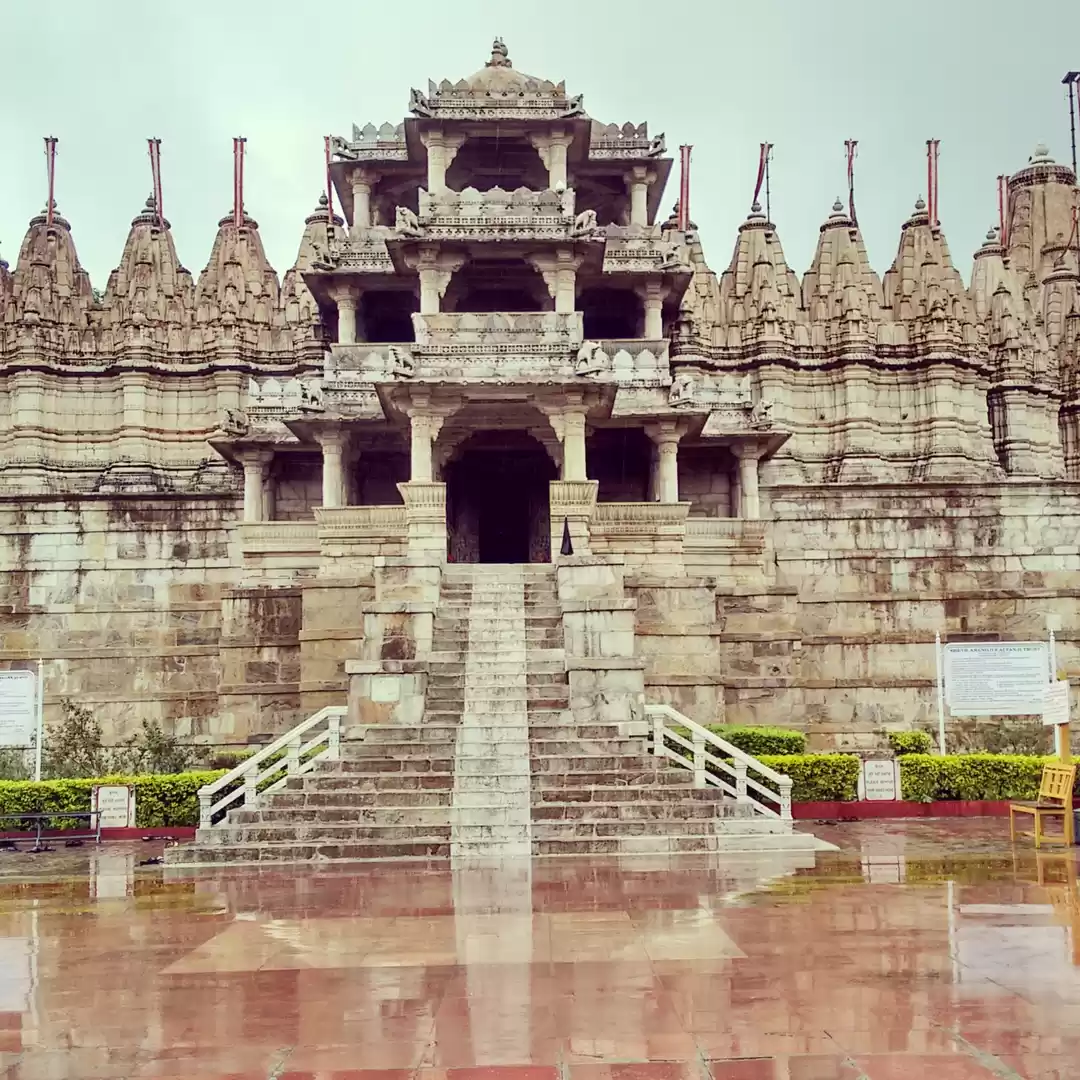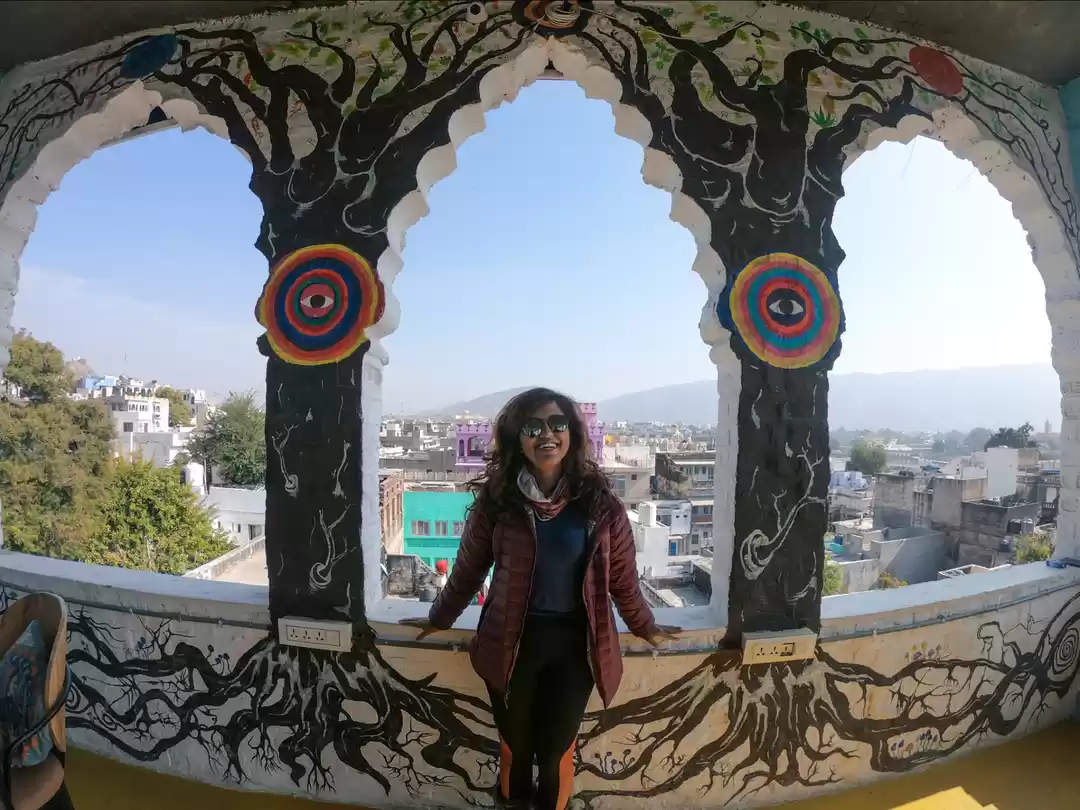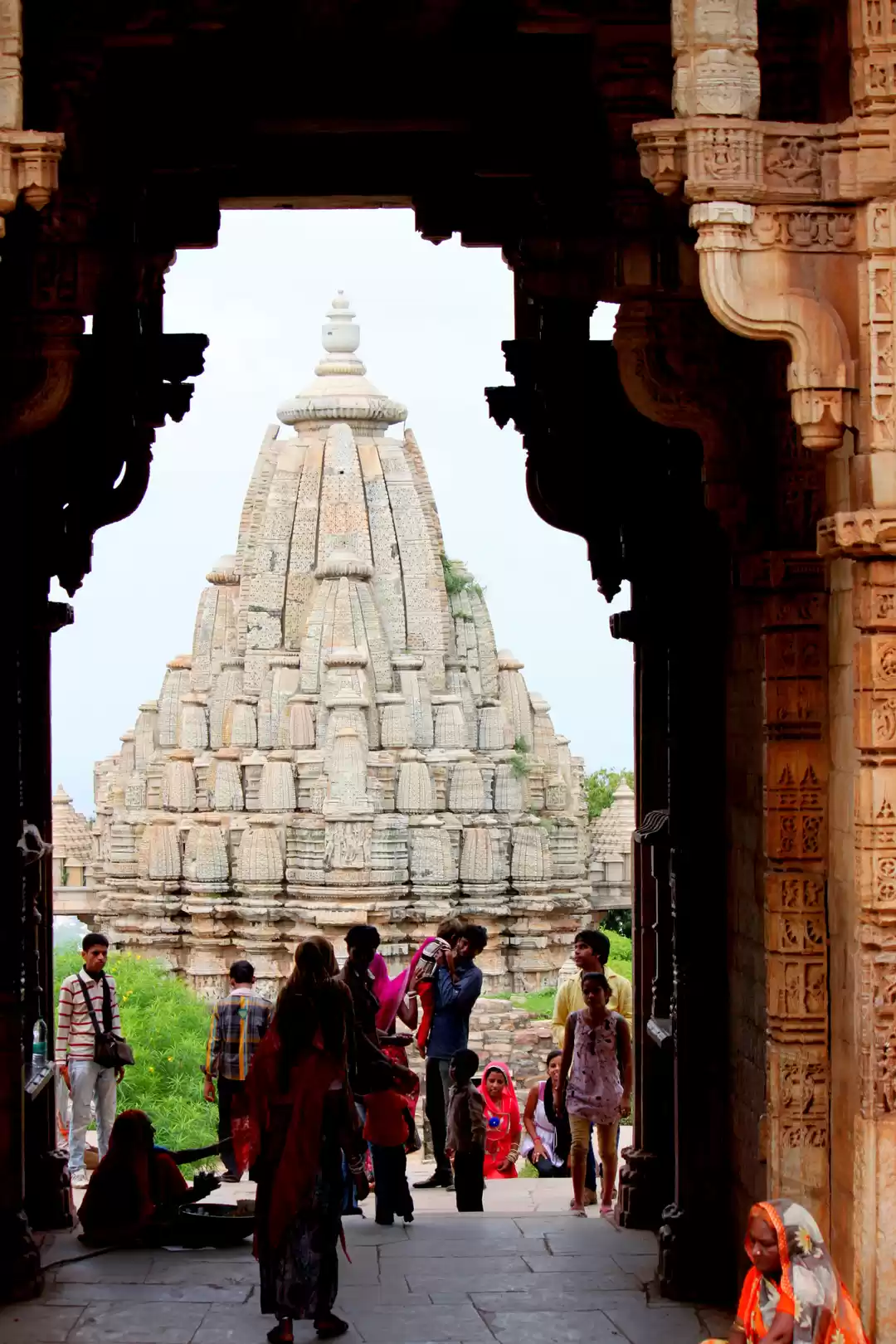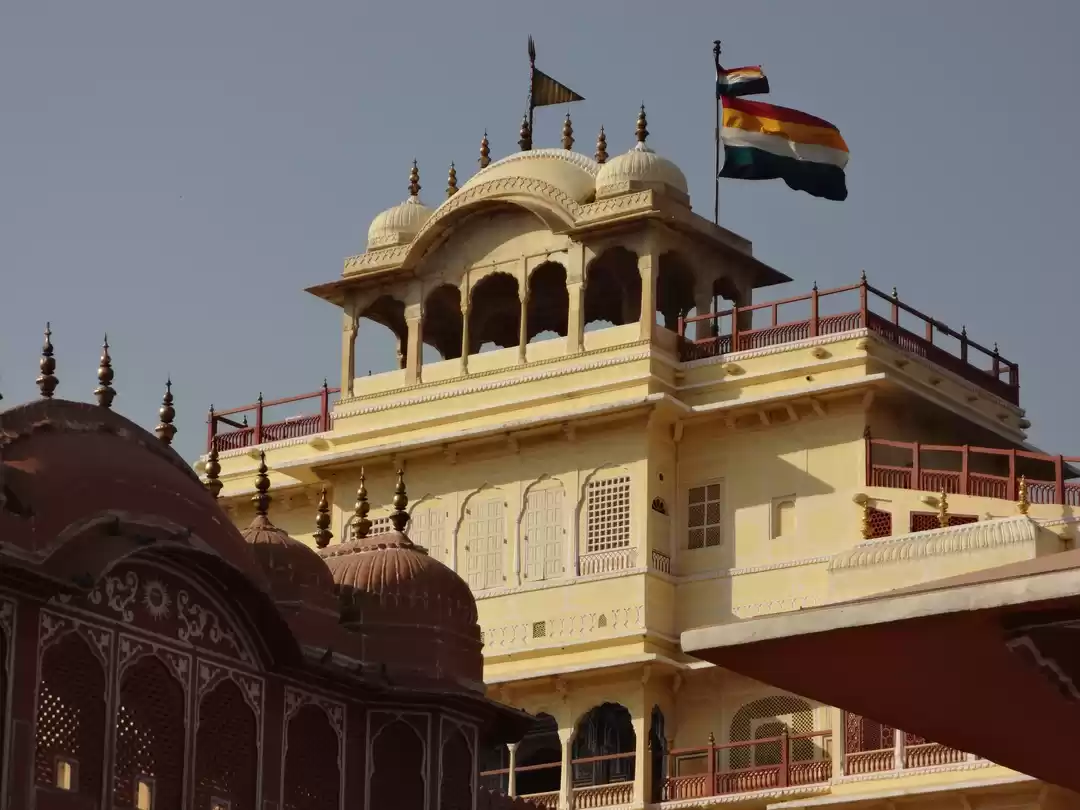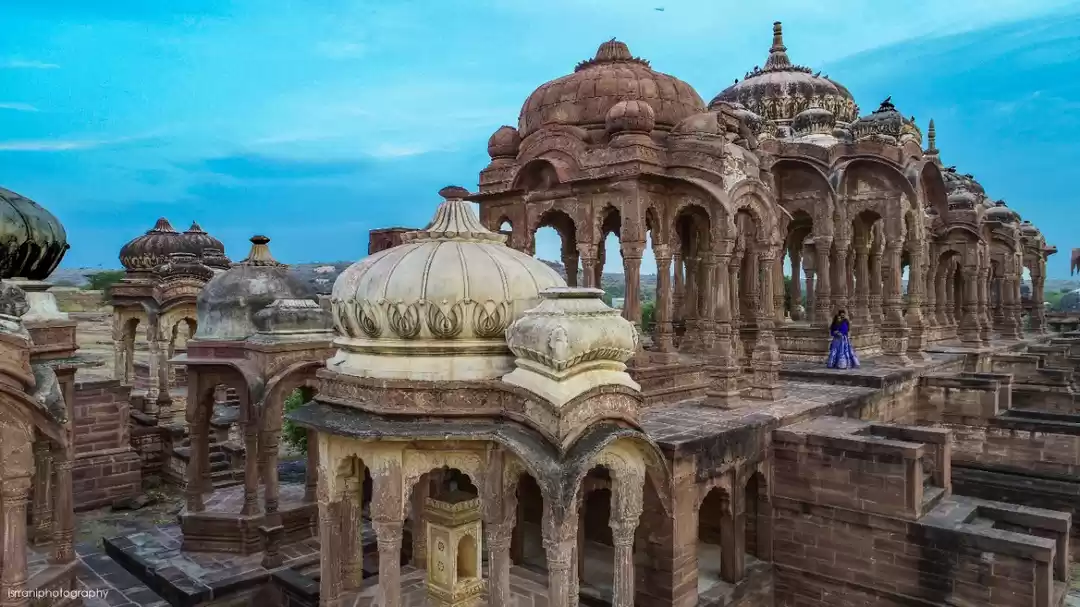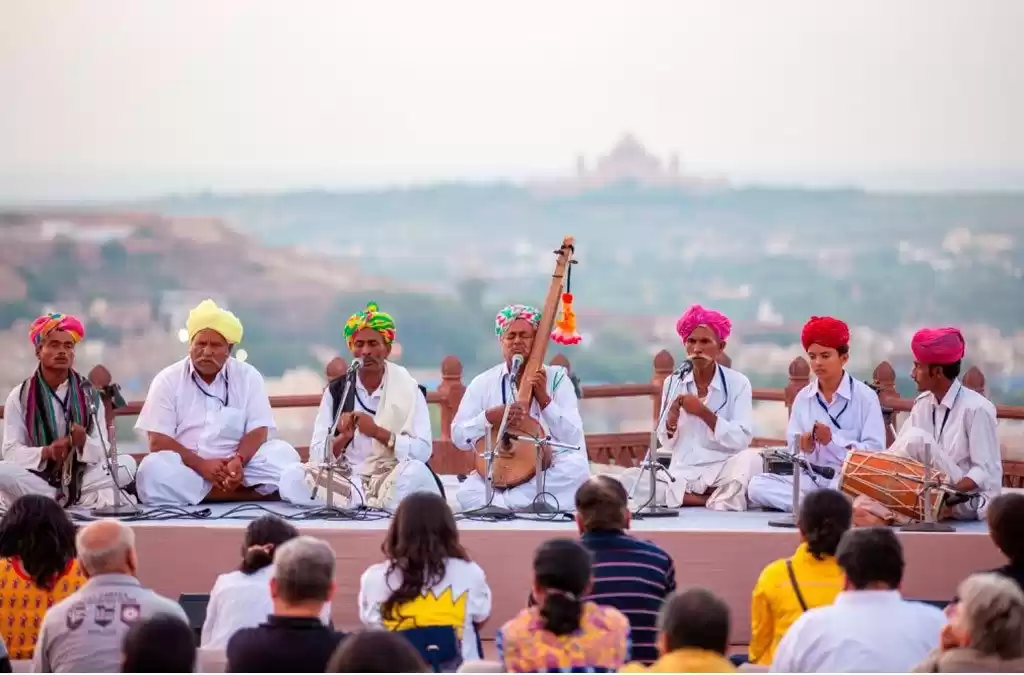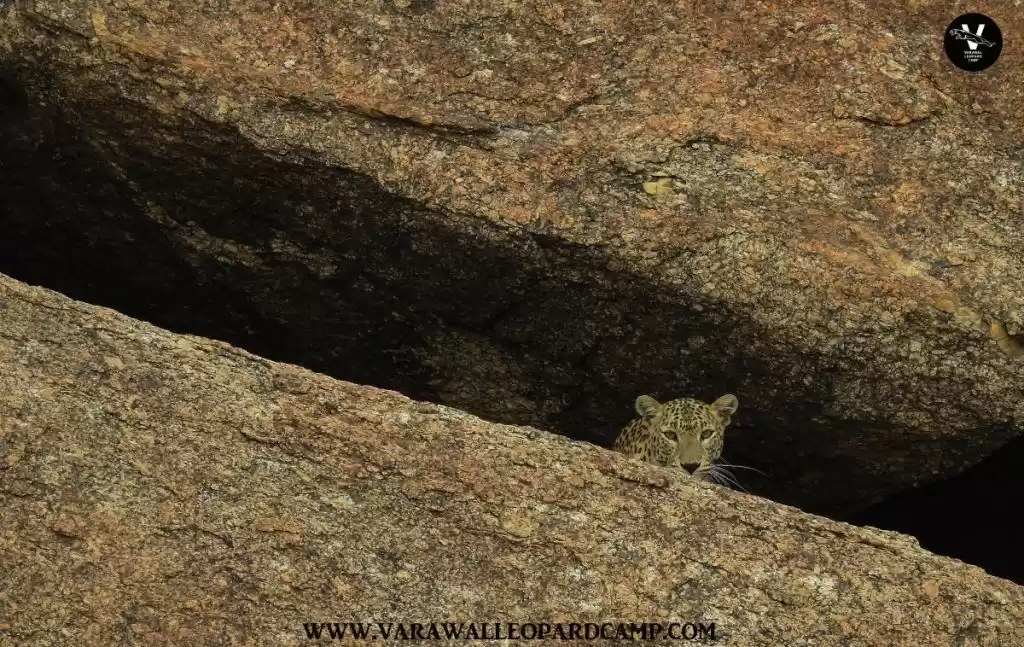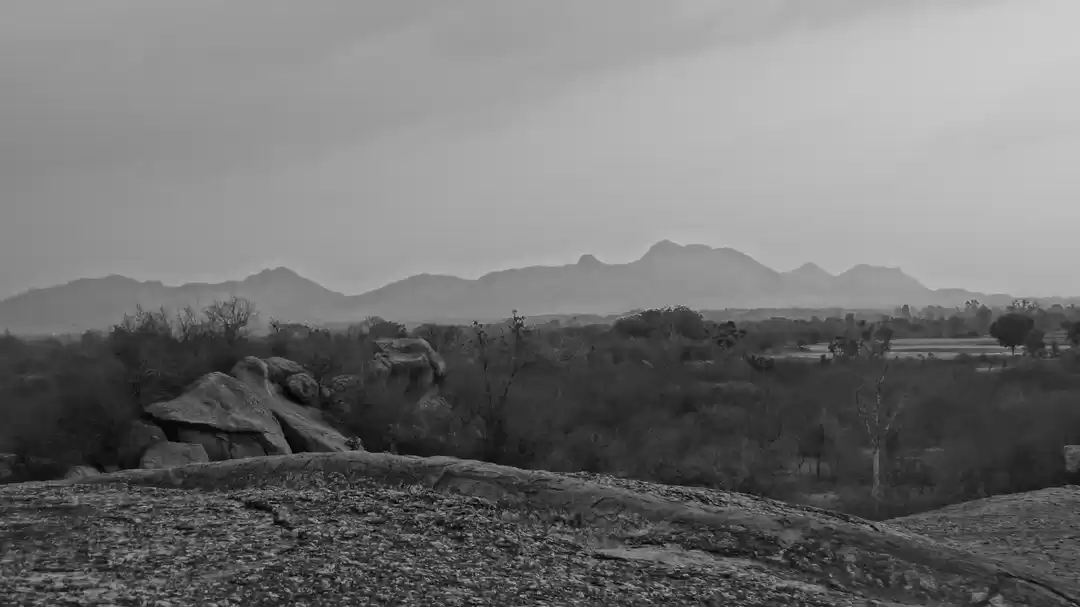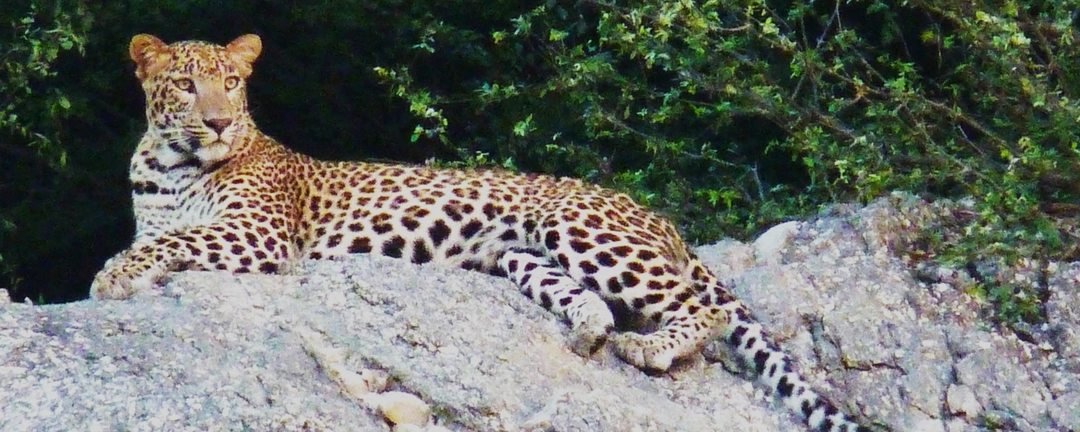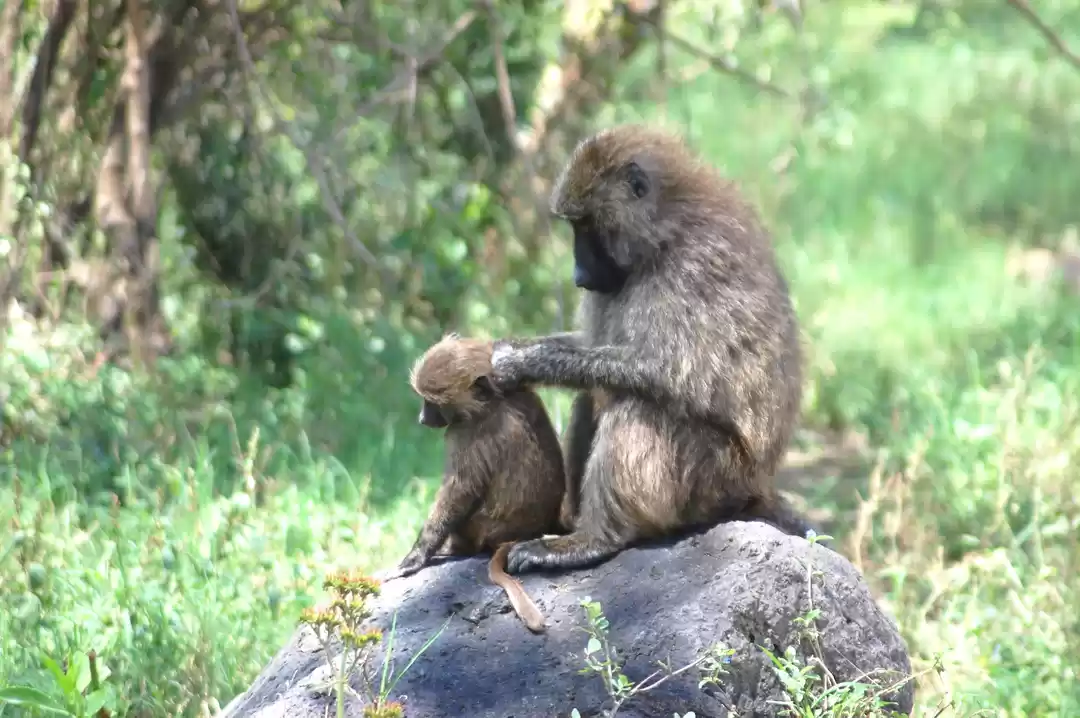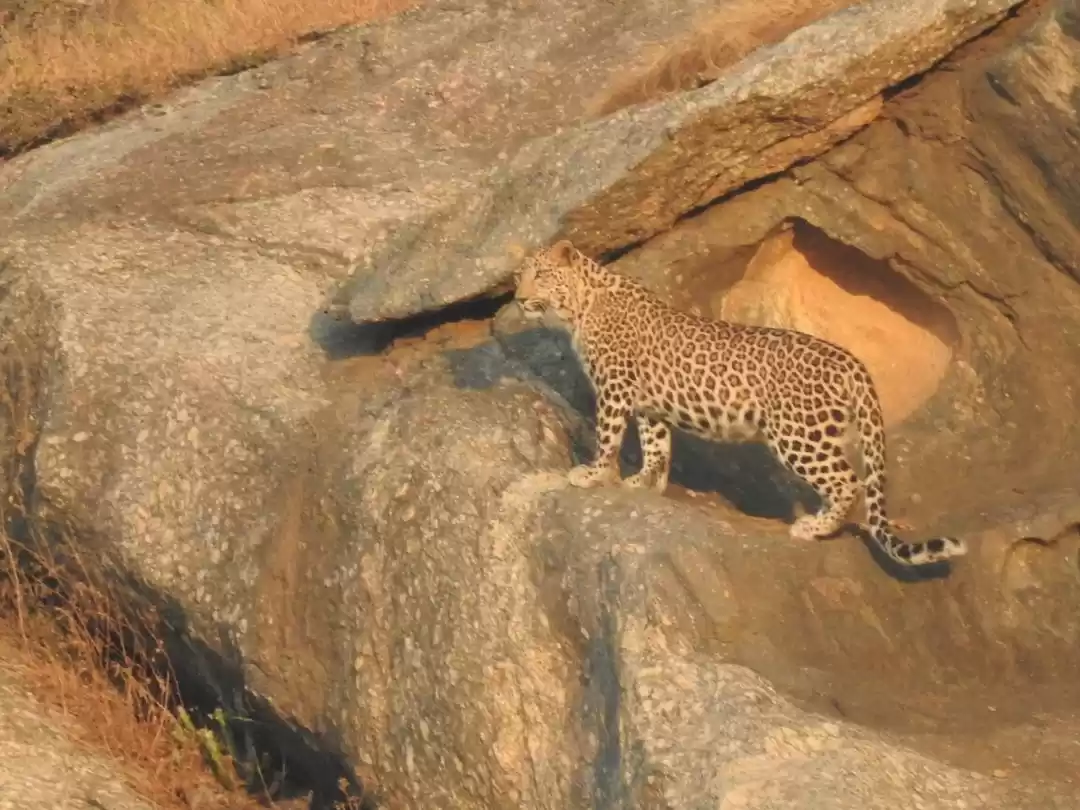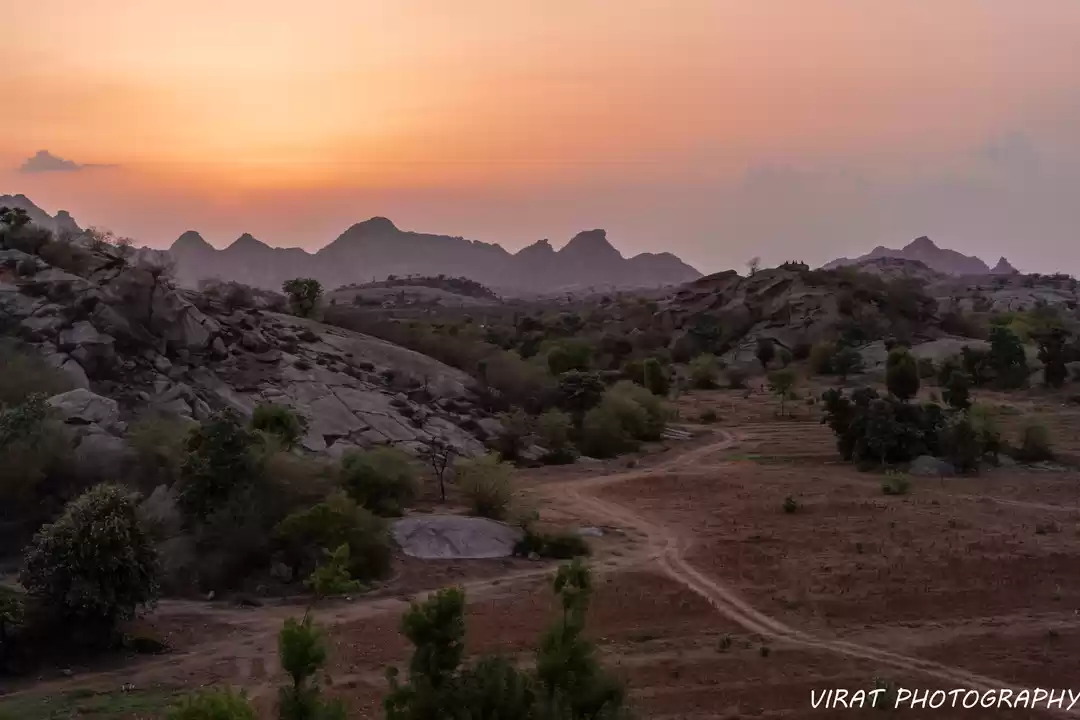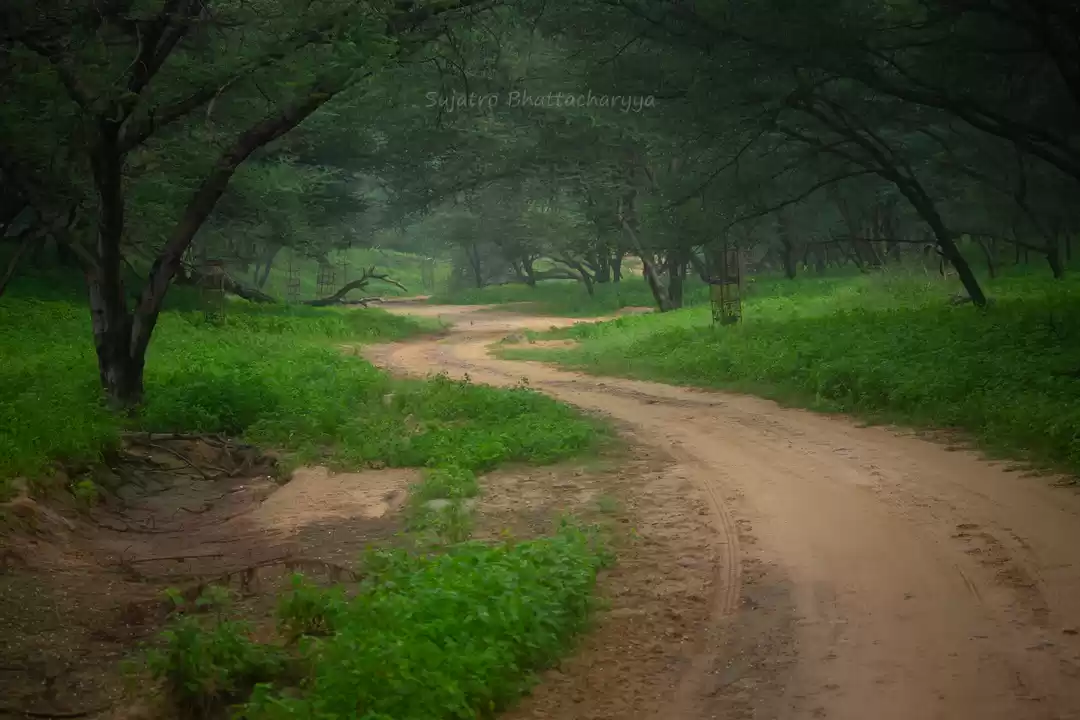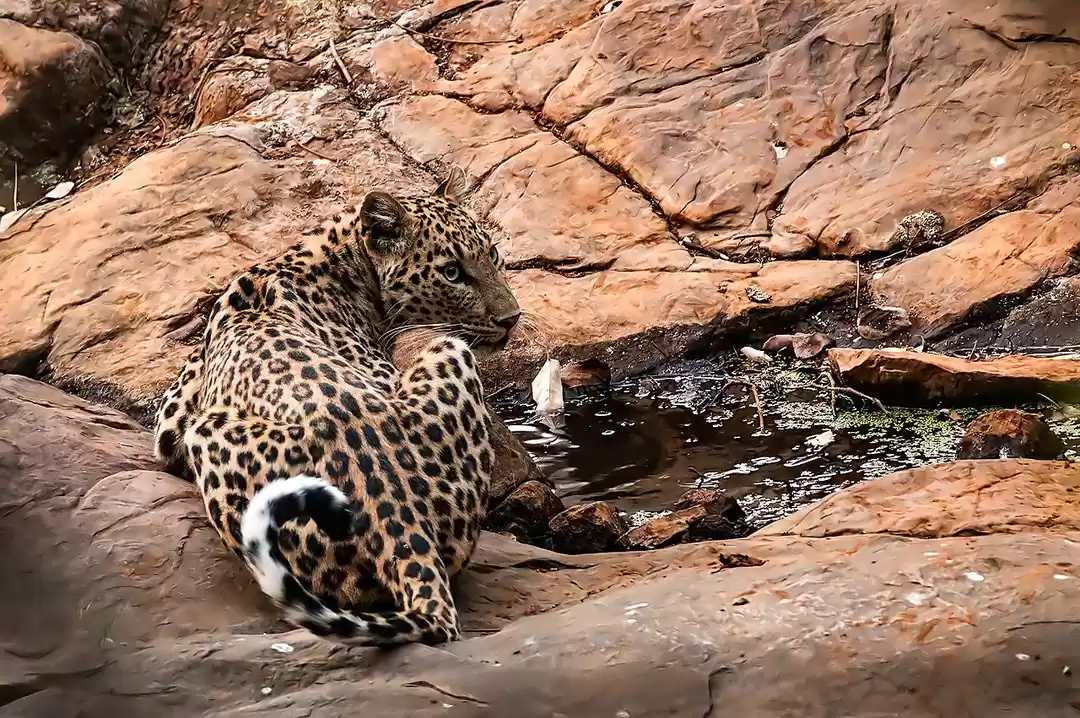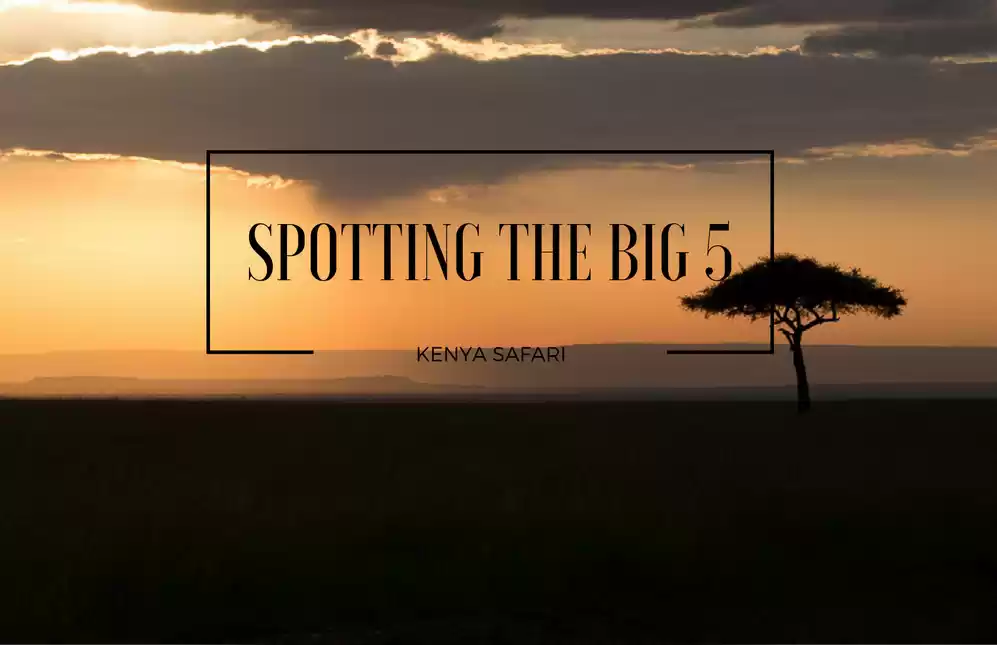
“Those who have never seen a leopard under favorable conditions in his natural surroundings can have no conception of the grace of movement, and beauty of coloring, of this the most graceful and the most beautiful of all animals in our Indian jungles.”
– Jim Corbett
This was my very first experience of a leopard #safari. It was quite a joy that this was possible right in the heart of #Jaipur city. We had booked the early morning slot and hoped for a wonderful sighting. The reserve has a population 44 leopards which includes the little cubs.
“The leopard is one animal that ambitious and fiercely independent people connect to. It’s characteristic of being a loner and goal-getter, or in this instance, prey-getter has a reflective effect on them.” …….This leopard quote by Ling shows how real the connection between humans and animals can be on a transcendental level…….

The leopards are elusive & shy by nature, making them a difficult sighting in the wild. During colder weathers, opt for a slot that has much of sunny time. A trick to spot them is to look for their presence in the tall trees rather than on the ground. They mostly spend the day time resting, camouflaged in the trees or tall grasses.
We were nearly through half of our safari but there was no sight of any leopard. We were taken to the Shikaar Audhi (at an extra cost) where they said a pair, Rana & Flora were sighted.

DYK: An interesting fact about leopards is, they live a solitary life. The male & female leopards come together only during the mating season, Thereafter, the leopardess is on her own, a fearless single mom. The male too is back to being alone.
We did not see them there, though, on our way back we did hear the roar from the dense jungle down the slope. We waited for them to come out in the clearing but in vain.
There was another alert of a sighting and our ranger rushed us to the spot.

The images of this beautiful feline cat shared on social media were like a fuel to our imagination of what we might get to see. Well, not really!
Here was a languid one…. literally, “kumbhakaran” hahahahaaa. Well, the leopards mostly spend the day time resting, camouflaged in the trees or tall grasses. Here was one who had not even said good morning. It was well hidden amidst tall dry grass and was least bothered with our presence.

Can you believe it, we waited for ~30 minutes for it to give us some good view of it’s face (though through the grass). It would raise it’s head, with its face turned away from us and suddenly plonk; back to sleeping again.

Some birds like the Grey Partridge, Ashy Prinia, Rufous Treepie and Indian Robin pranced around but none could distract him from his nap. We all were getting restless but then, key to enjoying wildlife is patience.
Finally, after a long wait, one of the jeep engine started and it inched closer to the leopard. This made the beautiful cat wake up half -heartedly, but for us it was delightful.

We were told his name was “Simbha“. Apparently, Rana and he are the bold ones, not shy and have adapted to human presence.

“What beautiful eyes” was all I could think of when I saw him, face to face, for the very first time.
We hoped it would stay this way or get up and give us a clearer view. But the sleepyhead got back to lazing once again.

So, after yet another round of lazing, it got up, stretched and left. I was making a video when it yawned, which, you can watch on my YouTube channel. Though I now wish I had taken a photo, but then such moments happen in the blink of an eye.
DYK: Leopards can prey on animals nearly 3 times their own body weight. They may not come across as overpowering but they are a superb combination of speed, stealth, strength and athletic movements.
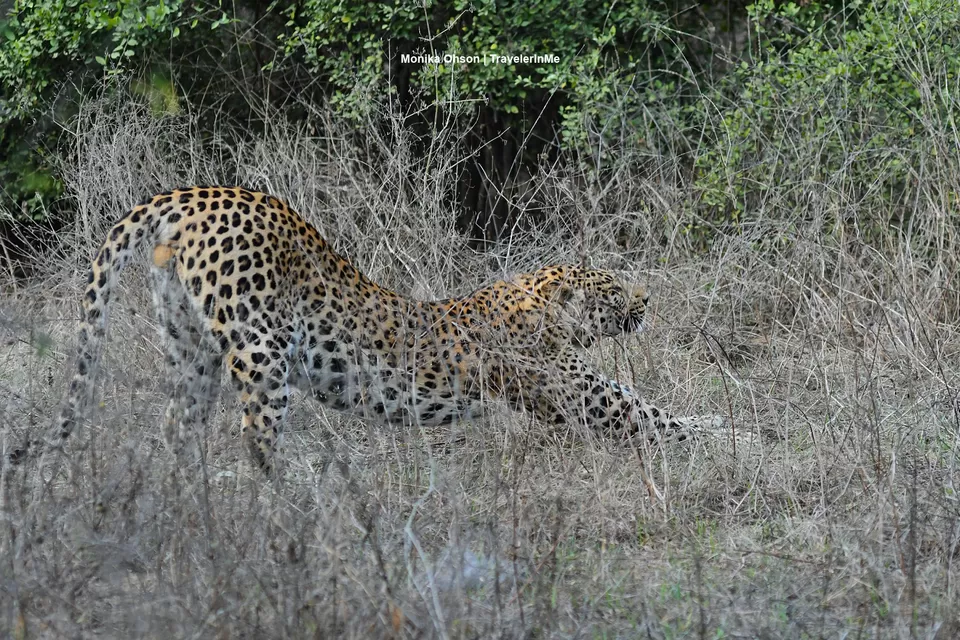
Our safari finally ended on a happy note! We saw some birds too though not any different from what I see in my city. I was super amused to see the cute Indian Desert Gerbil or Jird for the very first time.
We were happy to see Simbha and hopefully the next time we get to see them in a more dramatic pose and /or in action!
DYK: The leopards are one of few felines who can go up and down a tree easily. They use this skill to their advantage; by stalking their prey from tall trees and carrying their kills up the tree, safe from scavengers.

The spots are on the leopard are referred to as rosettes since they look like a rose flower. Here’s a little closer view of it’s spots.
Rosette patterns on each leopard are like the fingerprint patterns of humans. No two leopards have the same rosette pattern.

Leopards have the widest range of habitats amongst all the big cats. This adaptability has allowed them to survive in varied topography. The most extreme example being the snow leopard which lives in the Himalayas.
DYK: “Panther” is a word that is used to refer to the four big cats, namely; the lion, tiger, jaguar, and leopard. Black Panther is a leopard that has a high amount of black pigmentation that makes it solid black (melanism) . The Snow Leopard is lighter in color so that it can blend in it’s habitat of snow and ice.

At the end of the safari we went to the reserve’s Nature Interpretation Centre. It is wonderfully curated and one learns a lot about the reserve, it’s flora-fauna and the stars of this wilderness. The leopards have attractive names like Tim Tim, Katappa, Mrs. Khan, Jalebi and likes….. you will enjoy seeing them along with their names.
Leopardess Flora enjoys popularity like tigress Machhli did in Rantanmbore. In fact, majority of Jhalana’s population consists of Flora’s offspring.

There is a Kalakiya mata mandir in the reserve which one can visit in their own car during certain hours in the day. The area around the mandir had plastic and beer bottles littered around which was a sore sight indeed. There is a very old step-well (baori or baoli) too that is not maintained.
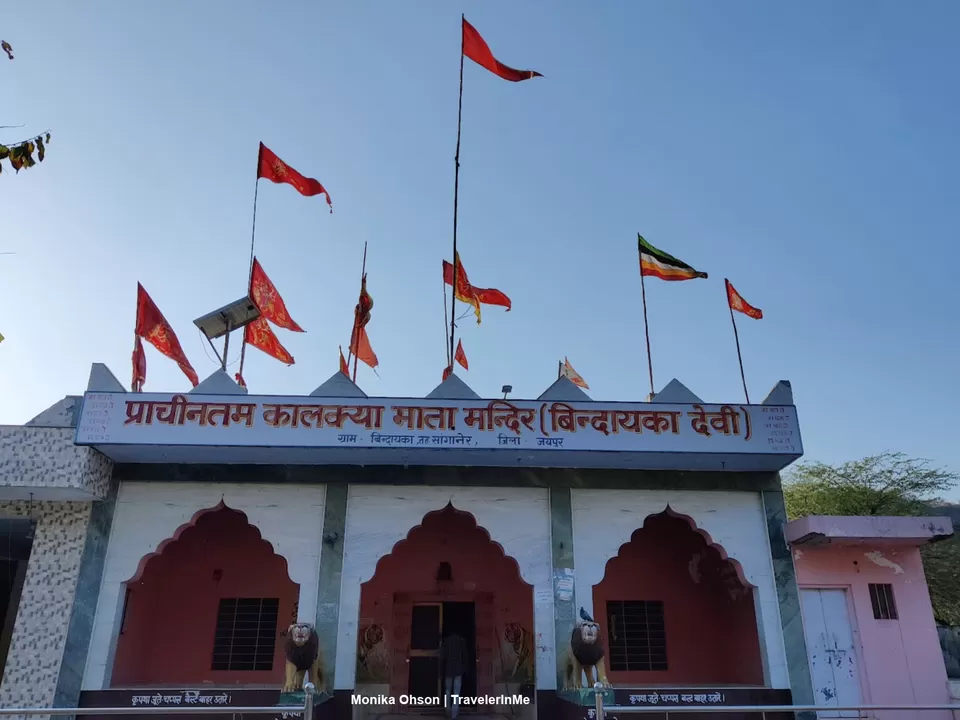
So next time you are in #Jaipur do remember to add #Jhalana Leopard Safari to your itinerary or to-do list. Online safari reservation is recommended, to avoid rush & disappointment. Here’s the official link https://sso.rajasthan.gov.in/signin





